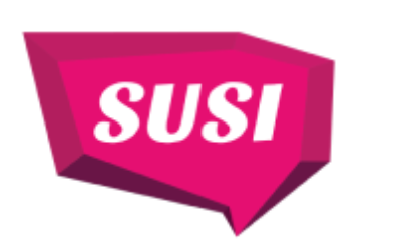Courses
Admissions & Support
Course Search
Courses
Admissions & Support
Course Search
Our Services
Our Community
Course Search
Governance
Professional Services
Fee: €2,500
Campus: Online
Years: 1
Register Your Interest
Click hereThe aim of the BSc in Quality and Lean Management is to give learners an opportunity to acquire an integrated understanding of the operation and strategy of Quality and Lean Management and to develop transferable and transversal skills. The programme is designed to offer the learner an opportunity to gain a detailed knowledge of the theories and effective practice of Quality and Lean management and Validation which the learner can use in a wide variety of quality and lean management roles to improve organisational and business efficiencies and effectiveness.
Funding Opportunites
Funding OpportunitiesModules
Students must have completed the Higher Certificate in Operations, Quality and Lean Management (Level 6) or equivalent or Recognition of Prior Learning (APL/APEL)
2-3 evenings per week 6pm to 9pm (online) Plus selected Saturdays per 9am – 1pm (online)
€2,500
or
This programme is funded under the Part Time Fee Scheme (SUSI) for Selected Undergraduate Programmes.
This is a Government Funded Scheme.
Students will be required to pay a deposit of €250 on registration, which will be returned to the student on approval of SUSI funding.
For more information on funding and how to apply see https://www.susi.ie/funding-for-part-time-undergraduate-courses/
One Year
Successful graduates of this programme are eligible to apply for the Bachelor of Science (Honours) in Quality and Lean Management (Level 8 Add On) (Part-time, Online)

Join the TUS Flexible Learning Community
Click here